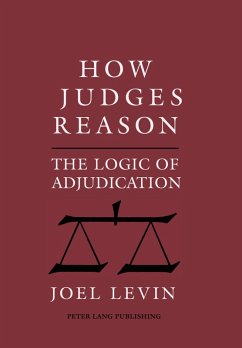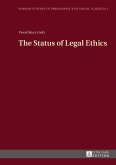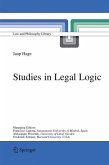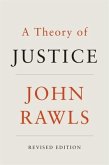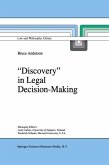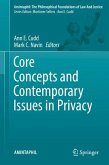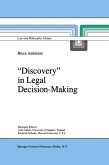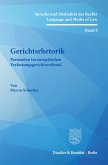Legal rules ought to work themselves out, with unique or difficult cases becoming fewer, and the inconsistencies in the system disappearing as they are confronted. Instead, legal doctrine and the role of judges has become more difficult and often more controversial. This book offers a general explanation why, and in so doing, analyzes how individuals reason when they behave as judges. Drawing on ideas from philosophical logic, game theory, philosophy of mind, truth theory, and jurisprudence, the author develops a theory of judicial pluralism which suggests that judicial truth is individually objective but societally personal, pluralistic and idiosyncratic.
"This is an enormously energetic exploration, employing powerful analytical techniques and an exceptionally rich familiarity with both social philosophy and the practice of the law. Philosophers of law and other social realities, teachers and practitioners of law, and above all judges will find in the argument, and in its abundant illustrations and annotations, much matter for reflection. The book brings to the debate a distinctive voice, offering an account at once descriptive and normative." (John Finnis, Professor of Law and Legal Philosophy, Oxford University)
"'How Judges Reason' leads the reader flawlessly through the thicket of legal realism and the modern schools of skeptical analysis. As such it is an essential supplement to the commonly read works of Holmes, Gray, Llewellyn, Dworkin, and Hart. It is the most important book on judicial theory in the last thirty years." (Daniel R. Coquillette, Dean and Professor of Law, Boston College, Reporter, Committee on Rules of Practice and Procedure, Judicial Conference of the United States.)
"'How Judges Reason' leads the reader flawlessly through the thicket of legal realism and the modern schools of skeptical analysis. As such it is an essential supplement to the commonly read works of Holmes, Gray, Llewellyn, Dworkin, and Hart. It is the most important book on judicial theory in the last thirty years." (Daniel R. Coquillette, Dean and Professor of Law, Boston College, Reporter, Committee on Rules of Practice and Procedure, Judicial Conference of the United States.)

